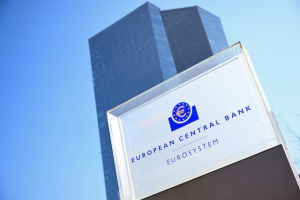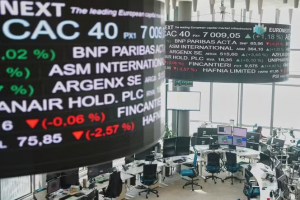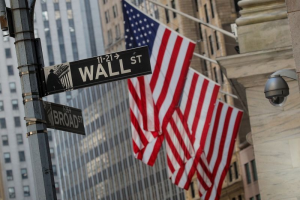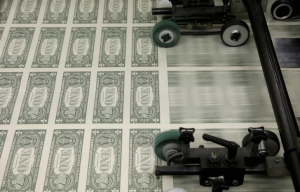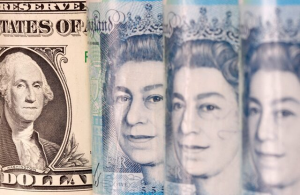Recent weeks have seen significant turbulence in the Bitcoin market, with prices fluctuating around $60,000. This volatility occurs against a backdrop of complex political and economic factors that could reshape the cryptocurrency landscape.
Daily Bitcoin (BTC/USD) The U.S. government currently holds an estimated 203,239 BTC, worth approximately $13 billion. This substantial stockpile presents both opportunities and risks for the market. The Democratic Party’s generally anti-crypto stance raises concerns about potential large-scale sell-offs that could disrupt the delicate supply-demand balance.
Experts Trade Bitcoin with IC Markets Trading Derivatives carries a high level of risk to your capital and you should only trade with money you can afford to lose. Trading Derivatives may not be suitable for all investors, so please ensure that you fully understand the risks involved, and seek independent advice if necessary. A Product Disclosure Statement (PDS) can be obtained either from this website or on request from our offices and should be considered before entering into a transaction with us. Raw Spread accounts offer spread China’s Potential Crypto Comeback Adding to this volatile mix is the possibility of China re-entering the cryptocurrency market. Despite previous crackdowns, indications suggest China may be positioning itself for a significant Bitcoin purchase, its first in years.
China’s potential return is driven by several factors:
Digital Yuan Competition: Understanding and leveraging existing cryptocurrency networks alongside its central bank digital currency. Global Financial Influence: Reducing reliance on the U.S. dollar-dominated financial system. Technological Leadership: Maintaining its position at the forefront of financial technology. Economic Hedging: Using Bitcoin as a potential hedge for foreign exchange reserves. A High-Stakes Game of Digital Chess The current situation creates a unique scenario: The U.S. government could potentially manipulate the market by initiating a sell-off, causing a temporary but significant drop in Bitcoin prices. This dip could provide an opportune moment for China to acquire a substantial amount of Bitcoin at lower prices.
Election Year and Economic Factors The timing is critical, considering the upcoming U.S. presidential election. Former President Donald Trump’s more crypto-friendly stance could significantly impact Bitcoin’s regulatory landscape if he returns to office.
Moreover, Federal Reserve Chair Jerome Powell’s recent signals about potential interest rate cuts have already sparked a surge in Bitcoin prices. Growing concerns about the U.S.’s $35 trillion debt and fears of dollar depreciation could further fuel Bitcoin’s appeal as a hedge against economic turmoil.
Wall Street’s Bitcoin Appetite Despite recent price volatility, there’s evidence of continued “buying the dip” among institutional investors, suggesting growing confidence in Bitcoin’s long-term prospects. As Matt Hougan of Bitwise Asset Management notes, “If institutions will buy bitcoin when prices are volatile, imagine what could happen in a bull market.”
As we enter what could be a pivotal period for both the stock market and cryptocurrencies, the interplay between U.S. government actions, China’s potential market entry, and broader economic trends could reshape the Bitcoin landscape in ways that reverberate far beyond the crypto world.


